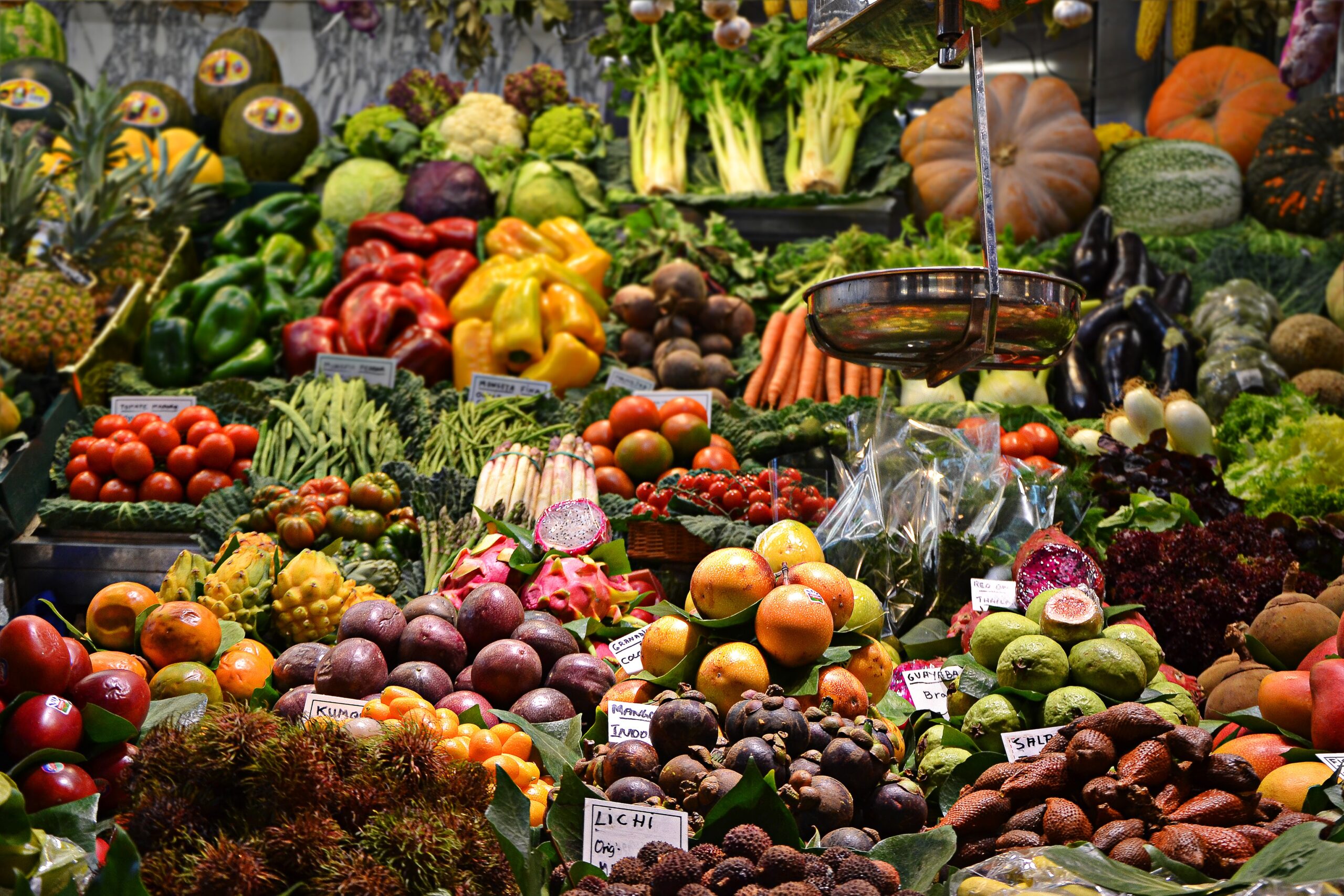Often, environmental challenges are the result of externalities—costs of a good or service that are not borne by the producer or consumer. A classic case is the discharge of waste as water pollution. If a factory can dump its waste in a river without any cost to it, it may have no incentive to reduce this pollution. The conflict between the factory’s use of the river and downstream users can be resolved through bargaining. But, often, government attempts to resolve these conflicting demands by imposing a fee or tax on this pollution, which can force the factory to internalize this cost.
Like any economic model, this description oversimplifies consumer decision-making. Although price is obviously a major factor in purchasing decisions, consumers often also take into account other factors. As consumers have become more prosperous, they also frequently choose products based on their perceived environmental benefits. And companies have responded by marketing their environmental initiatives.
This suggests reason for measured optimism where transaction costs make the voluntary resolution of environmental conflicts too costly and politics make tax solutions difficult. This week, a study published in Nature Climate Change concluded that 1) people don’t know much about the relative greenhouse gas emissions of the products they buy; and 2) would alter their consumption if provided with this information.
The study looked at food, which the authors note is an area where climate change impacts can be difficult for the average consumer to figure out.
“With an appliance such as a heater you can feel the energy used and see an electricity bill at the end of the month, so the impact is quite salient, whereas the impact of food production is largely invisible,” Camilleri said in a statement. “If you ask people to guess the difference between items such as beef and vegetable soup on the environment they assume there is not much difference. But beef soup creates more than 10 times the amount of greenhouse gases than vegetable soup.”
If the study’s conclusions are correct, this suggests another way that markets can help steer innovation to address climate change, by encouraging producers to reduce their emissions and market those reductions to their competitive advantage.




